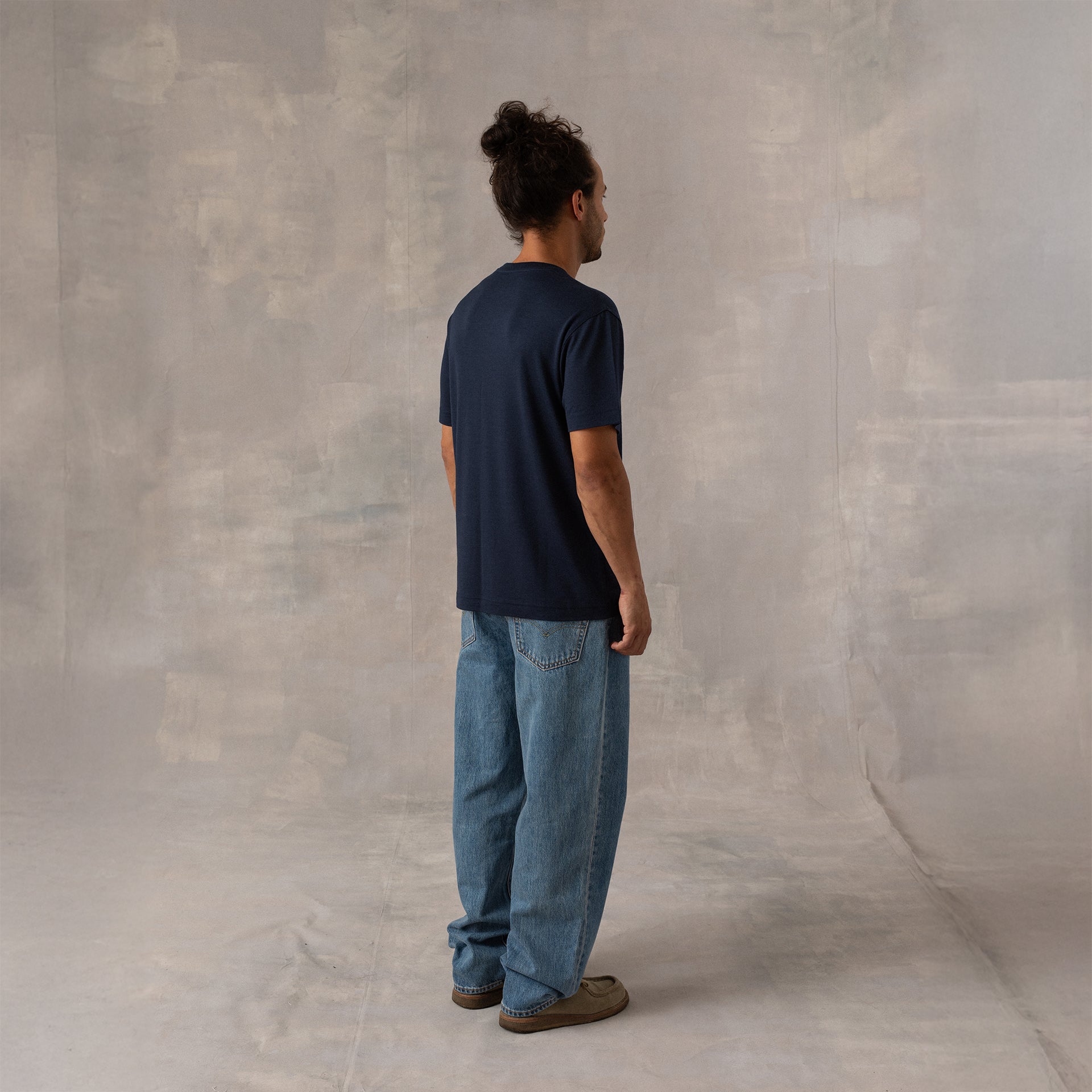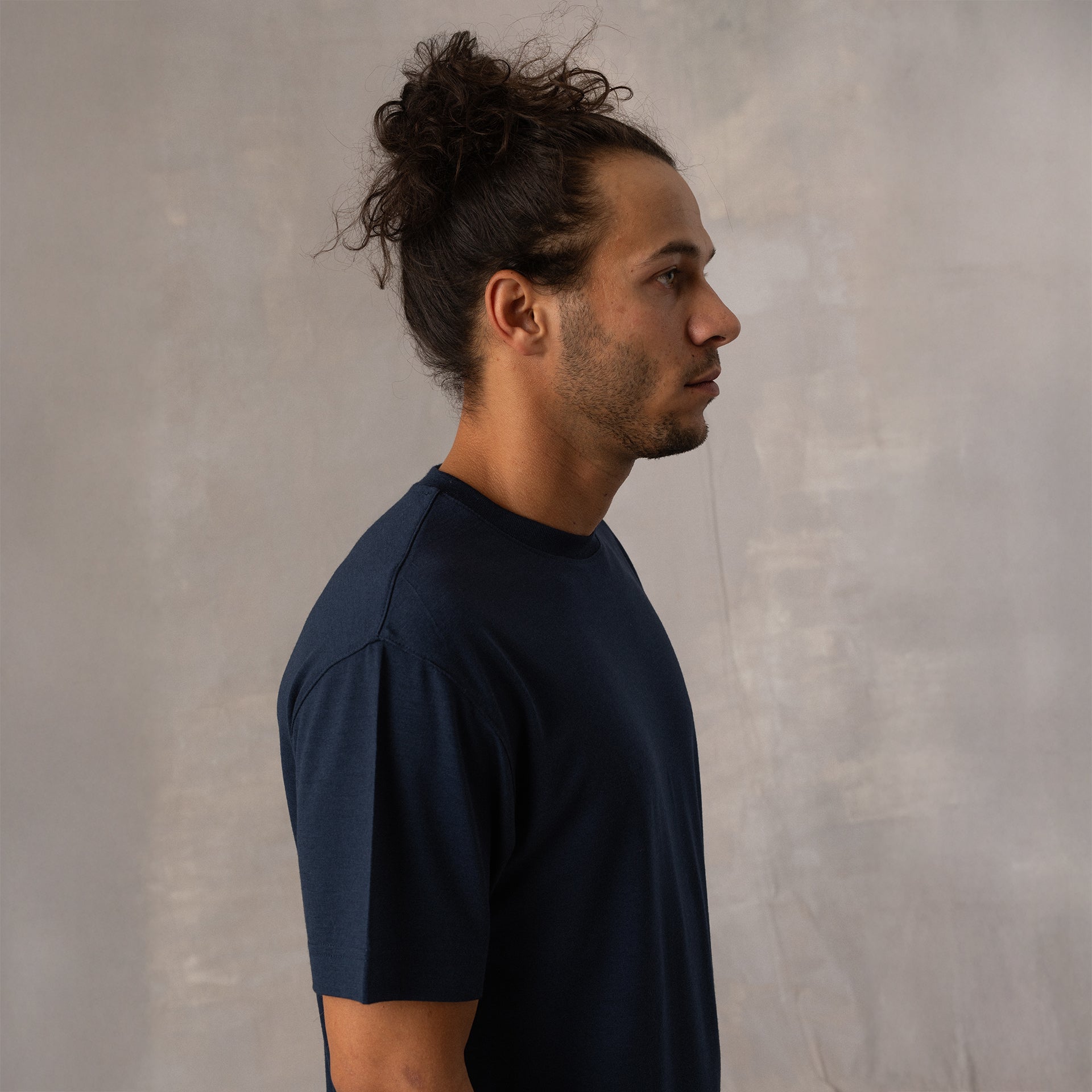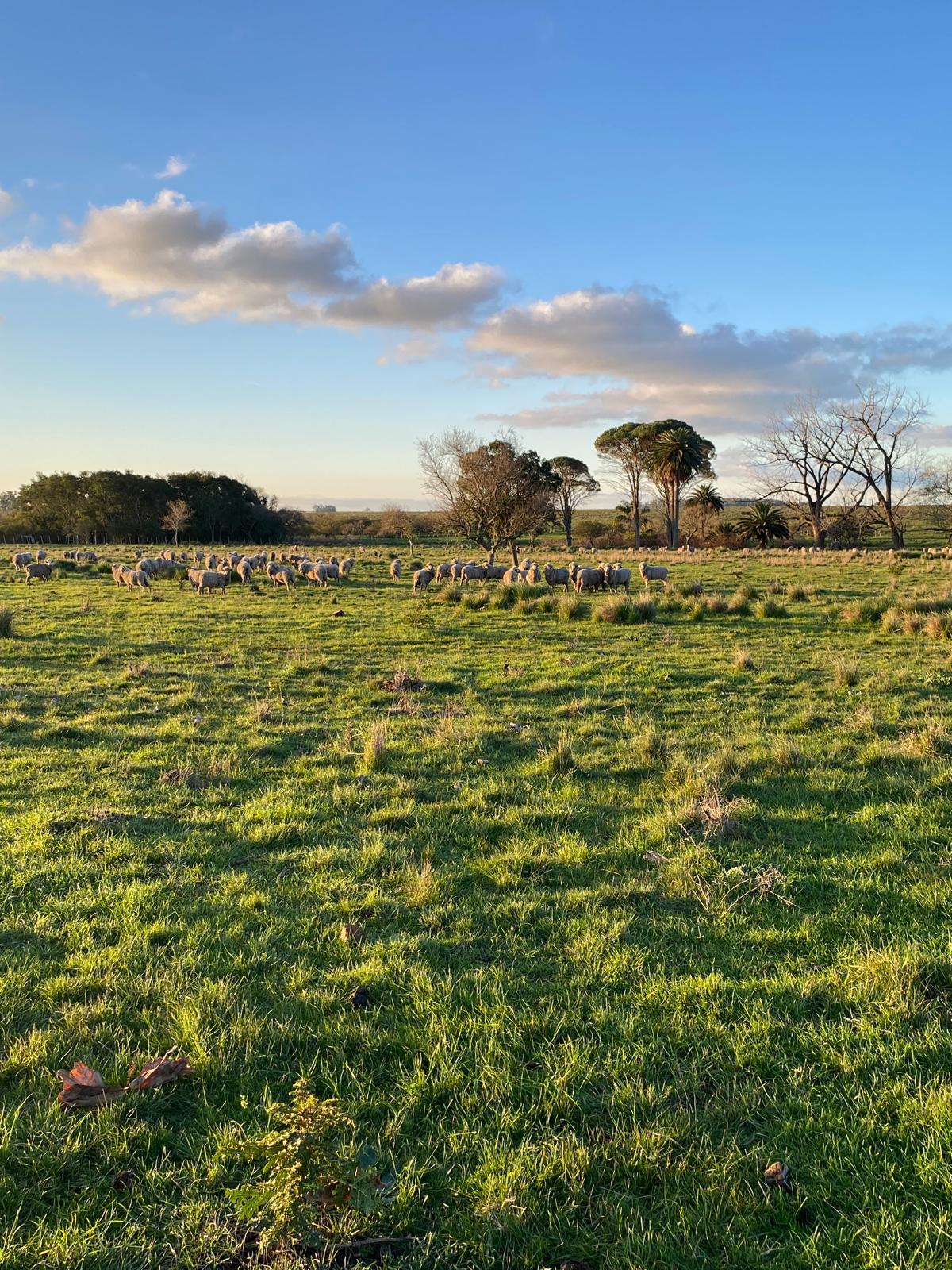
A Regenerative Legacy from Uruguay
Through NATIVA’s strict protocol, every step from farm to finished product is carefully audited, traceable, and certified. The program is backed by blockchain technology and built on science, transparency, and long-term impact.
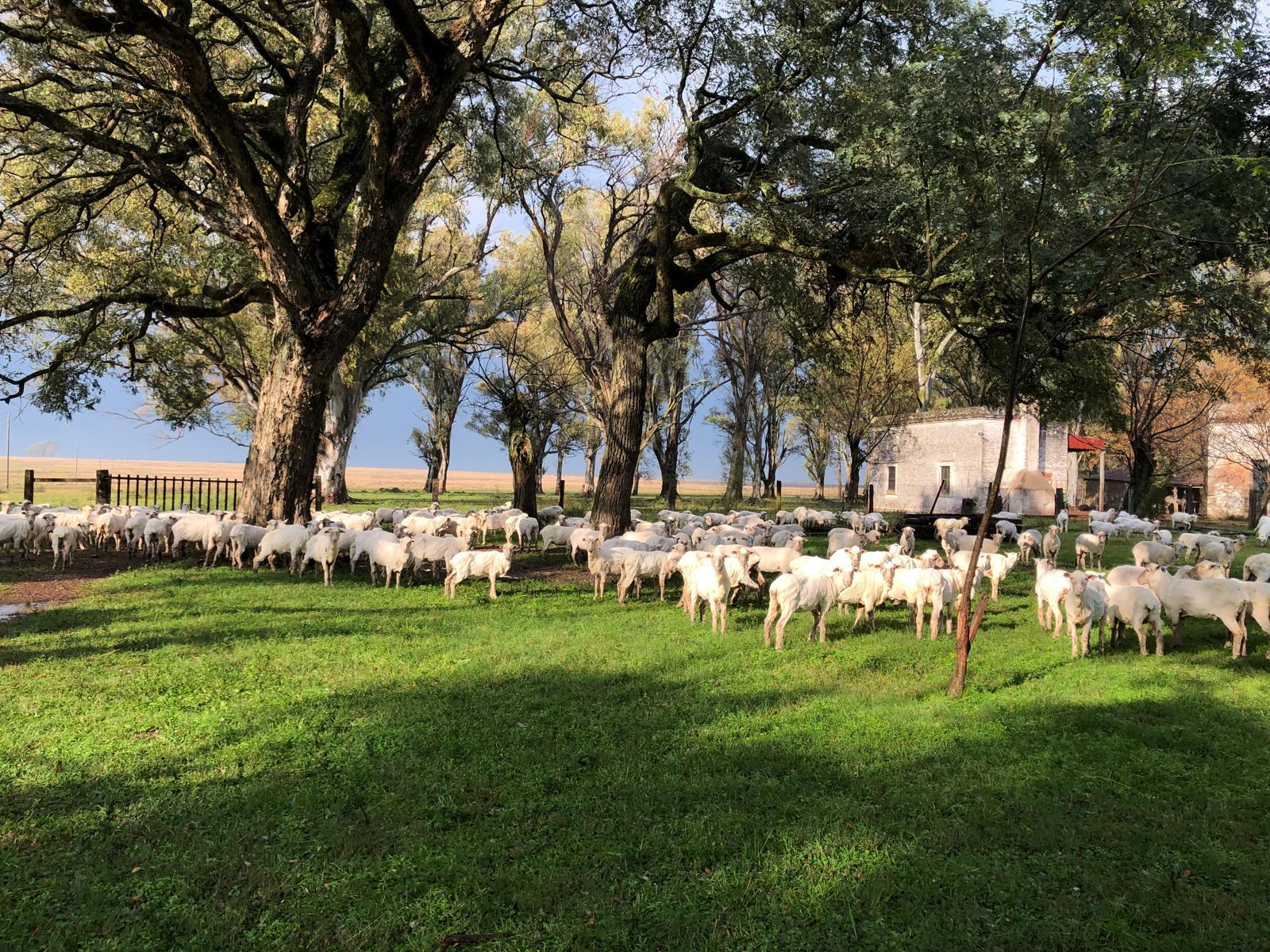
A Farm Rooted in Respect
Long before the word regenerative became common, La Rosada was already practicing it. For over five generations, this family has managed their basaltic pastures without artificial inputs, preserving over 90% of the native grasslands.
“We’re convinced that the only way to grow is by respecting the natural environment — striving for harmony between animals, nature, and the people who work here.”
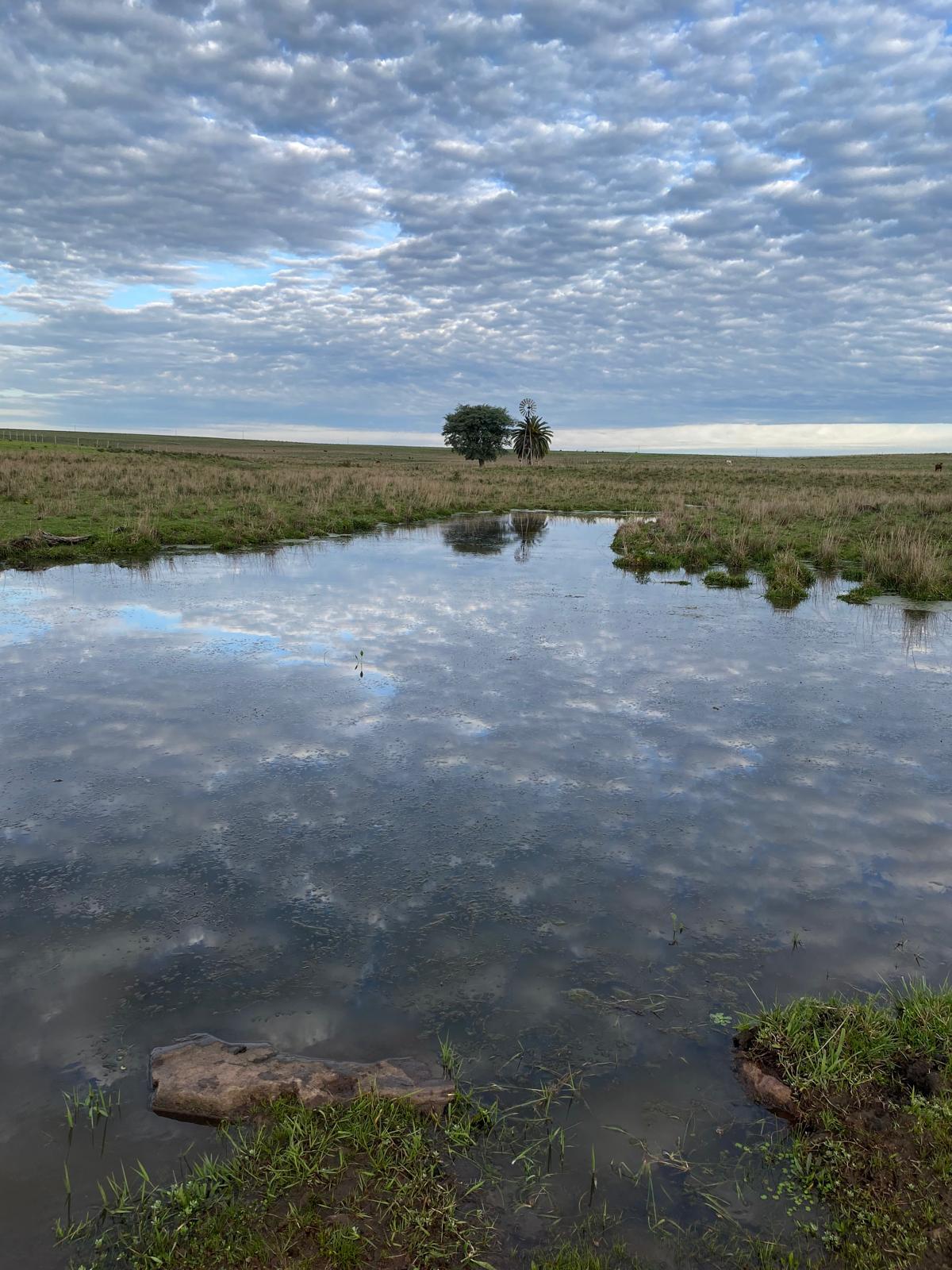
A Life Close to Nature
Days at La Rosada begin at sunrise. Some days are spent on horseback, riding across open fields. Others are spent tending to animals in the pens.
The landscape stretches toward the horizon — untouched by city lights or traffic, rich with biodiversity. The team ensures the animals have constant access to clean water, shelter, and shade. In recent years, they’ve planted small forests in the paddocks so that sheep can find relief during the intense summer heat.
“Summers here are very hot. In the past, animals endured the sun for hours. Today, they rest beneath the trees we planted — cool in summer, protected in winter.”
Wildlife thrives here too: birds, foxes, capybaras, otters, deer, and even caimans call the farm home. Hunting is strictly prohibited.
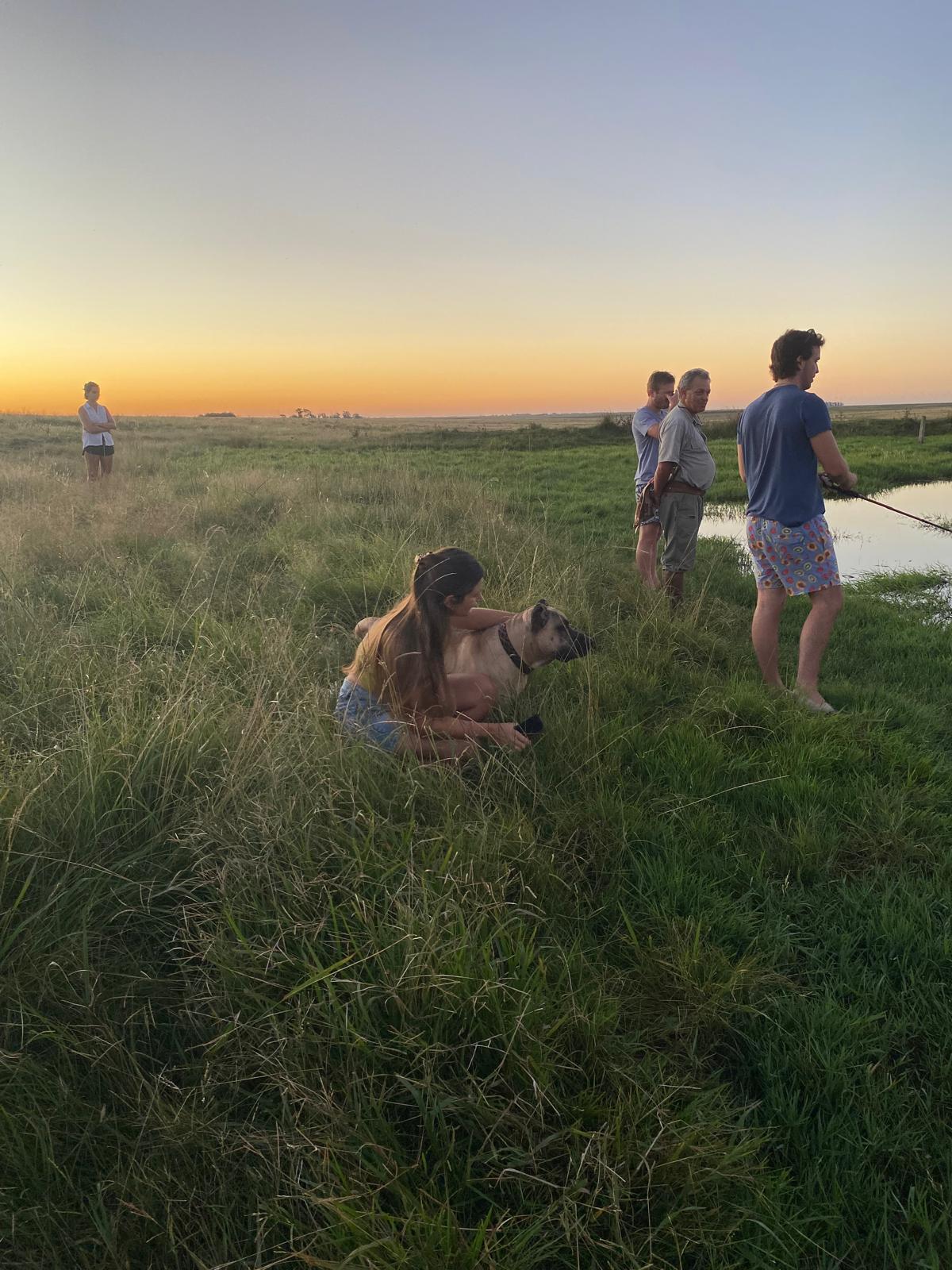
Working with Purpose
Farming is not without sacrifice, but it brings immense satisfaction.
“It’s a privilege to continue a family business — to live in a place we find extraordinary.”
NATIVA™ certification has further strengthened the farm’s purpose. It’s not just a label, but a shared vision of animal welfare, ecological care, and long-term responsibility.
“The partnership with NATIVA confirms that we’re on the right path. We share the same values — and that keeps us moving forward.”

A Place Full of Memory
“La Rosada” has stood for over 120 years. It’s more than a farm — it’s a sanctuary. During the polio epidemic in the mid-20th century, the family isolated themselves here. The same happened in 2020 during the COVID-19 pandemic.
“It’s a place of refuge, of gathering — a place filled with meaning.”


